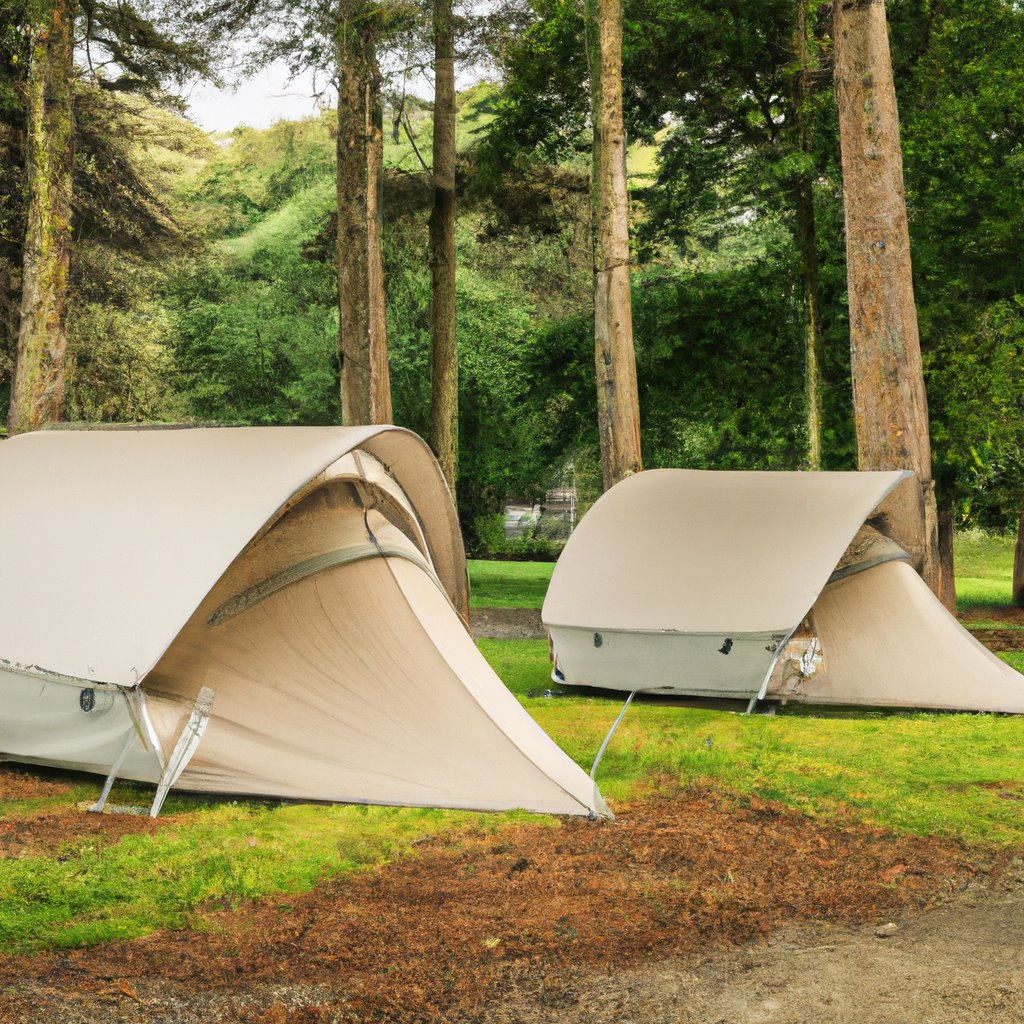For many people, the experience of camping in the great outdoors is a way to disconnect from the hustle and bustle of everyday life, reconnect with nature, and create lasting memories with family and friends. However, for individuals with disabilities, the thought of camping may seem out of reach due to lack of accessibility at many campgrounds. In recent years, there has been a push to make camping and tenting sites more accessible to individuals with disabilities, so that everyone can enjoy the beauty and serenity of the outdoors.Adapting camping and tenting sites for accessibility is an important step in creating inclusive outdoor recreational opportunities for everyone. There are several key considerations that need to be taken into account when designing and adapting camping sites for accessibility. This includes everything from providing accessible pathways to campsites, to ensuring that bathroom facilities are accessible and accommodating for individuals with disabilities.One of the key challenges in adapting camping sites for accessibility is ensuring that there are adequate pathways and routes to and from campsites that are accessible to individuals with mobility impairments. This includes providing level paths that are wide enough to accommodate wheelchairs, as well as ensuring that the terrain is smooth and free of obstacles that could impede access. In addition, campsites should be located in close proximity to accessible parking areas, so that individuals with disabilities do not have to travel long distances to reach their campsite.Another important consideration when adapting camping sites for accessibility is ensuring that bathroom facilities are accessible and accommodating for individuals with disabilities. This includes providing accessible toilets and showers, as well as offering amenities such as grab bars and ramps to make it easier for individuals with disabilities to use the facilities. In addition, campsites should also provide accessible potable water sources and waste disposal facilities, so that individuals with disabilities can easily access essential services while camping.In addition to providing accessible pathways and bathroom facilities, camping sites should also consider other amenities that can enhance the camping experience for individuals with disabilities. This includes providing accessible picnic tables and fire pits, as well as ensuring that recreational opportunities such as hiking trails and fishing areas are accessible to individuals with disabilities. By providing a range of accessible amenities and services, camping sites can ensure that individuals with disabilities can fully enjoy their camping experience.One example of a campground that has successfully adapted their facilities for accessibility is the Glacial Park Campground in Wisconsin. The campground features accessible pathways to campsites, accessible bathroom facilities, and a range of amenities such as accessible picnic tables and fire pits. In addition, the campground also offers a range of recreational opportunities that are accessible to individuals with disabilities, including accessible hiking trails and fishing areas. By providing a range of accessible amenities and services, Glacial Park Campground has created a welcoming and inclusive environment for individuals with disabilities to enjoy camping in the great outdoors.Overall, adapting camping and tenting sites for accessibility is an important step in creating inclusive outdoor recreational opportunities for everyone. By providing accessible pathways, bathroom facilities, and amenities that cater to the needs of individuals with disabilities, camping sites can ensure that everyone can enjoy the beauty and serenity of the outdoors. With careful planning and consideration, camping sites can create accessible and welcoming environments that enable individuals with disabilities to experience the joys of camping in the great outdoors.


leave a comment